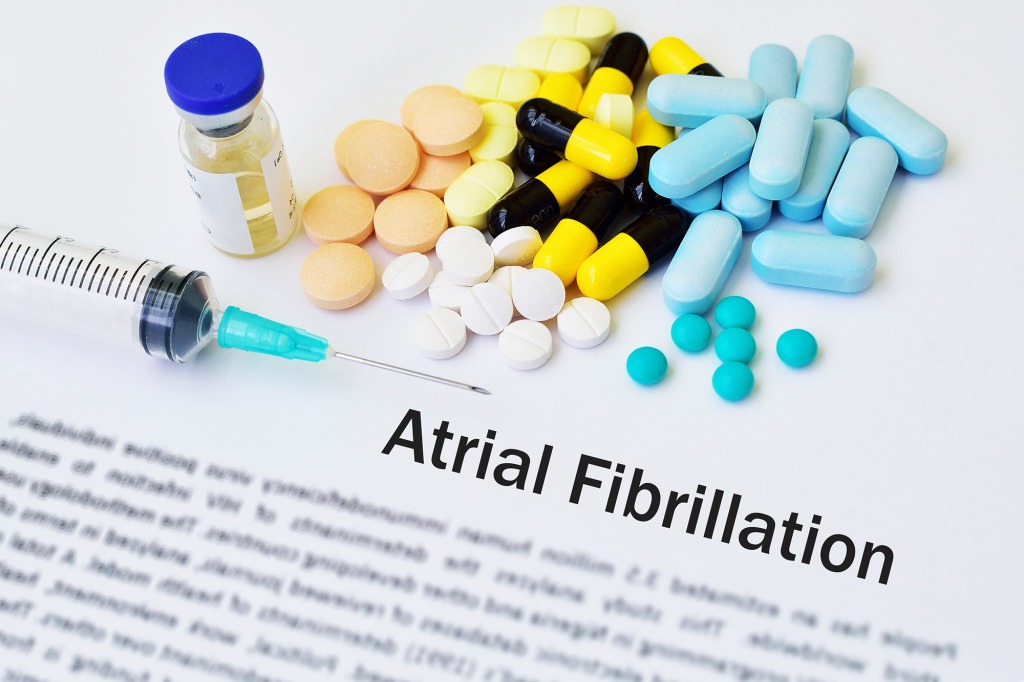Study reveals who is at higher risk for AFib
New research has found women are at a shockingly higher risk for developing atrial fibrillation than men are — flipping conventional beliefs that males were more susceptible.
Researchers from the Smidt Heart Institute at Cedars-Sinai are reporting in the journal JAMA Cardiology that women, when height is accounted for, have a 50% higher risk of developing the abnormal heart rhythm disturbance over men, according to Science Daily.
“This is the first study to show an actual flip in the risk of atrial fibrillation,” said Dr. Christine Albert, a senior study author who chairs the Department of Cardiology in the Smidt Heart Institute.
AFib is the most common type of abnormal heart rhythm and could lead to a stroke or heart failure if not properly treated. When a woman suffers from AFib, she is more likely to experience one of those two severe outcomes instead of men, according to the outlet.
Albert’s findings are based on a nationwide heart rhythm trial called VITAL where a quarter-million people had been studied.
According to the doctor, “In this population of 25,000 individuals without prior heart disease, after adjusting for differences in height, women were at higher risk for developing AF than their male counterparts — upward of 50%.”
Albert has also found that the taller an individual is, the more at risk they become.
“Our study, however, surprisingly suggests that if a man and a woman have the same height, the woman would be more likely to develop AFib,” Albert said. “Now the question has changed: Instead of why are women protected, now we must seek to understand why women are at a higher risk.”
Patients are commonly treated with blood thinners for AFib, but could also opt for heart surgery. However, women “are less likely to undergo invasive treatments for AFib such as ablation,” Science Daily reported.
Ablation is a procedure that “uses heat or cold energy to create tiny scars” that help to “restore a typical heartbeat,” according to the Mayo Clinic.

By 2030, more than 12.1 million Americans are going to come down with the condition, according to the publication. Albert pontificates that this is due to a general increase in the population.
“With incidence on the rise, it’s more imperative than ever to be offering preventive strategies and early diagnostic interventions to all patients,” Albert said.
She advises the best preventive measures for AFib include keeping a healthy weight, routine exercise, keeping tabs on blood pressure and limiting one’s drinking.
“These lifestyle modifications are important to those at risk for atrial fibrillation, but also important modifications all women can consider to prevent other heart-related conditions,” said Dr. Noel Bairey Merz, director of the Barbra Streisand Women’s Heart Center in the Smidt Heart Institute.
Read the full article Here


